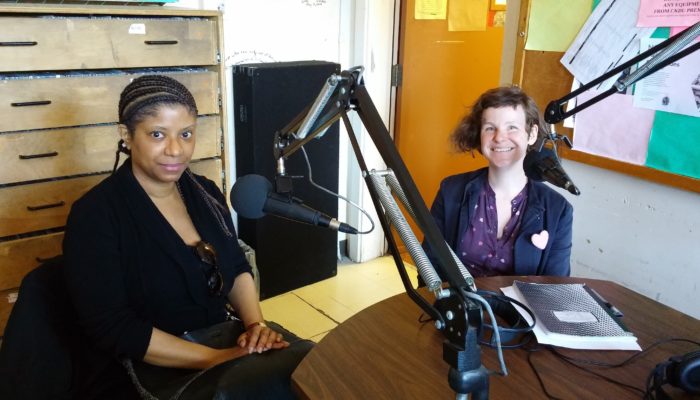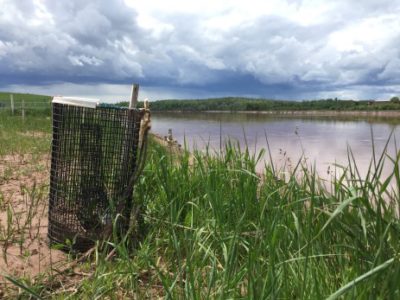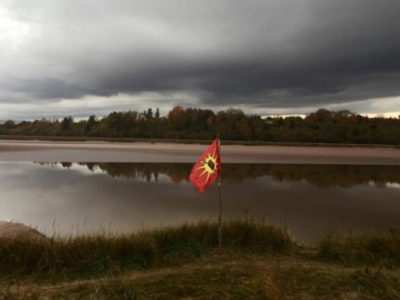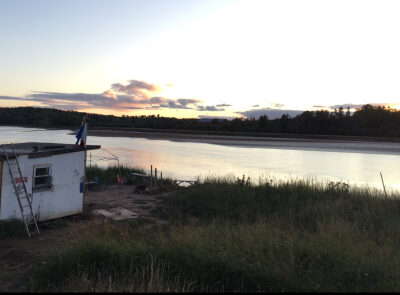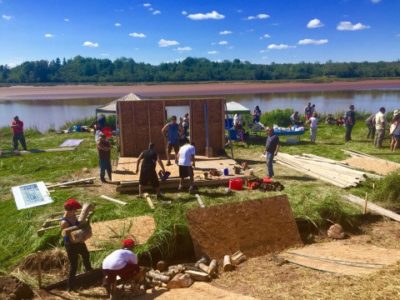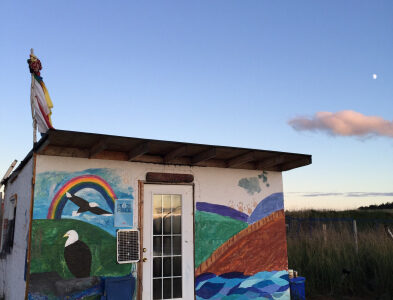Shades of Green is a project exploring “environmental justice” in Nova Scotia, part of the unceded territory of Mi’kma’ki.
This exploration is part of a case study being compiled as part of Sadie Beaton’s work with the Community Conservation Research Network (CCRN) at Ecology Action Centre (EAC). CCRN is interested in how communities steward and protect the environment, along with who wields power and what motivates changes in these relationships.
EAC is an environmental organization based in K’jipuktuk/ Halifax. In the last few years, the organization has embarked on an intentional journey to better engage around power and privilege in their environmental work around the cross-cutting theme of “environmental justice.” Recognizing that ENGO culture is steeped in a legacy of colonialism, racism, elitism, sexism, (etc), these efforts raise important questions about how settler-based groups can grow and change to address environmental justice issues in a meaningful way.
It is a very big question.
As part of these explorations we broadcasted an interview series back in 2016, hosted on CKDU 88.1 FM. We chatted with a variety of thinkers and players in the environmental justice landscape, starting with a very basic question, which was WHAT IS ENVIRONMENTAL JUSTICE? And what could that look like here?
Since then, we’ve talked to many more folks. Our new podcast series, which launched on February 1st 2018, is an attempt to put together a little bit of what we’ve heard so far, and to further explore some of the themes and questions that have emerged. Use the tabs below to explore and listen to different episodes.
For any questions or comments about the specific contents addressed in the interviews, please contact Sadie Beaton or the Ecology Action Centre



